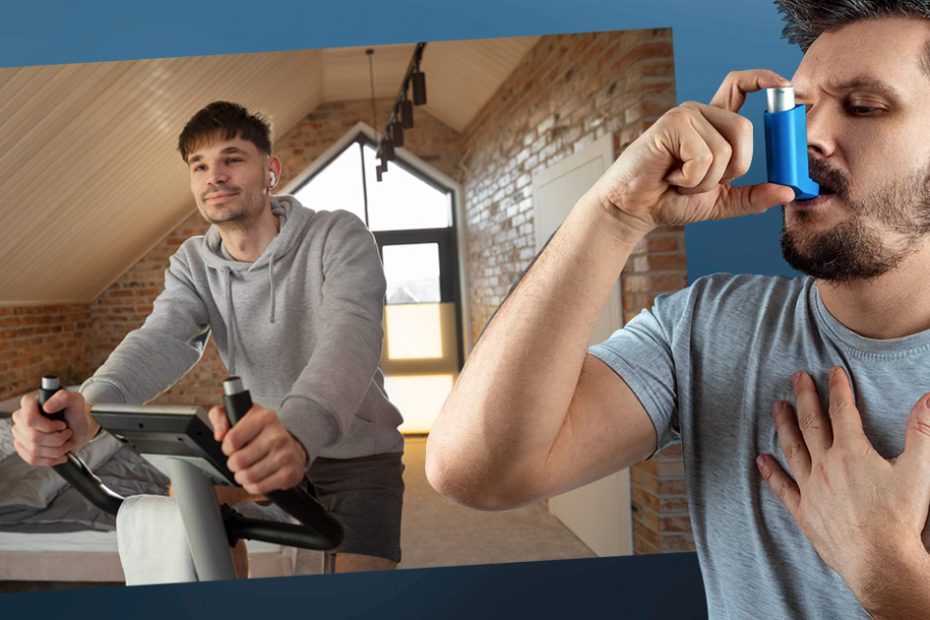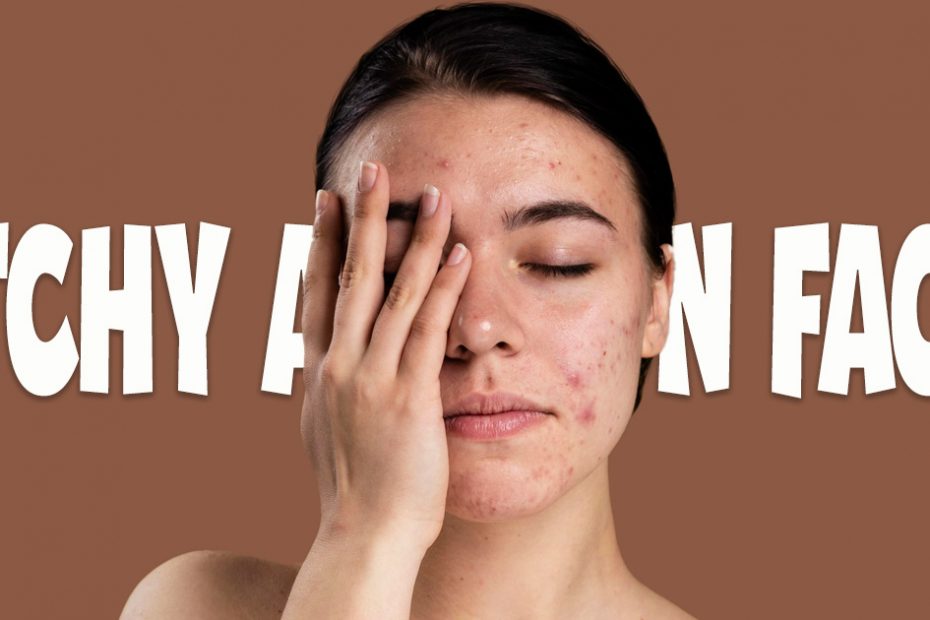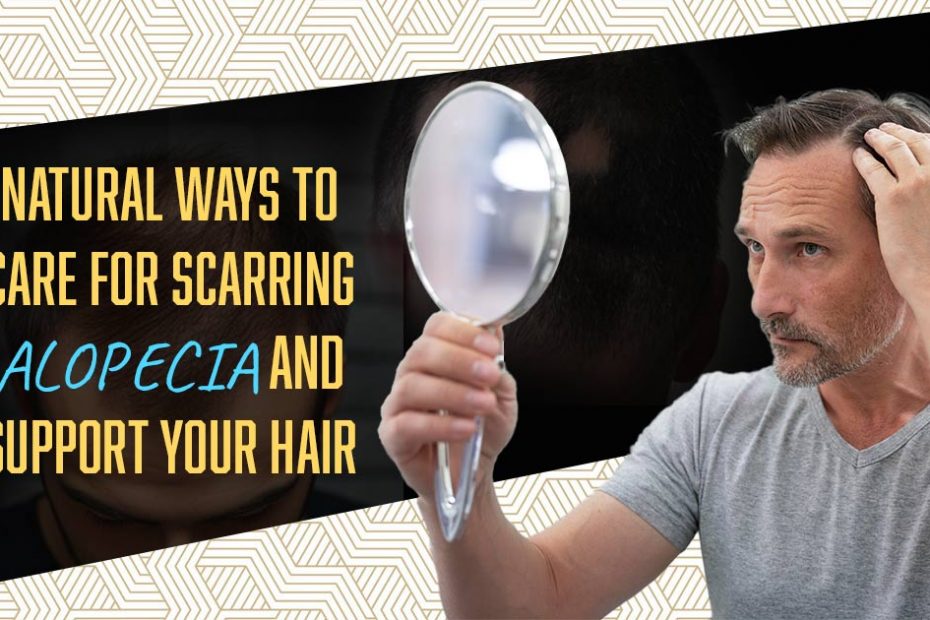Relieve Lower Back Pain Fast: Heat or Ice? Find Out What Works
Lower back pain is something almost all of us deal with affecting about 80% of people at some point in their lives. Whether it strikes after moving heavy furniture or just shows up after a long day, it can stop you in your tracks. When the pain hits, many people wonder, “Should I use heat or ice for this?” The answer depends on what’s going… Read More »Relieve Lower Back Pain Fast: Heat or Ice? Find Out What Works









